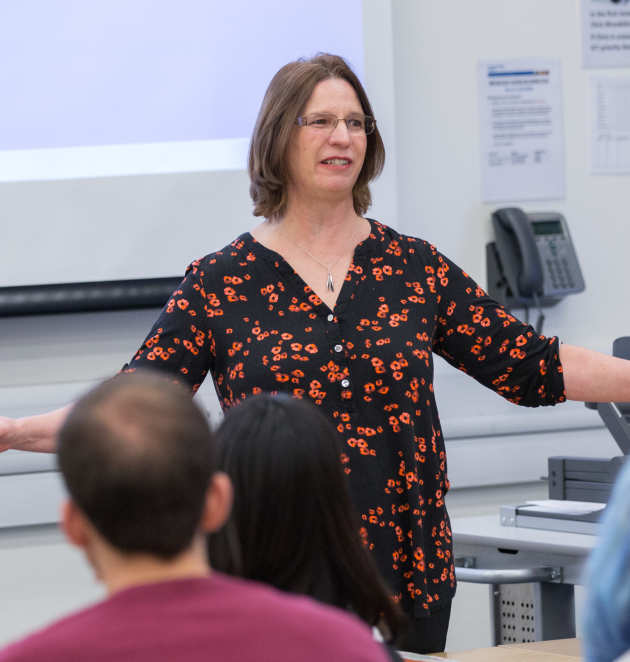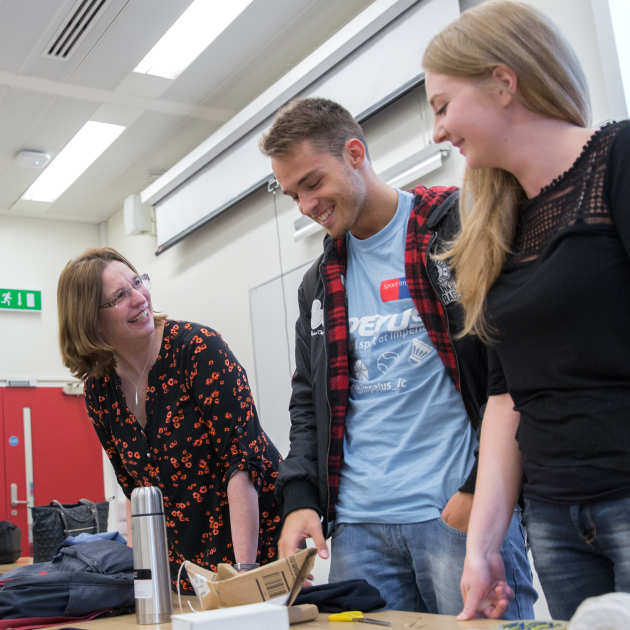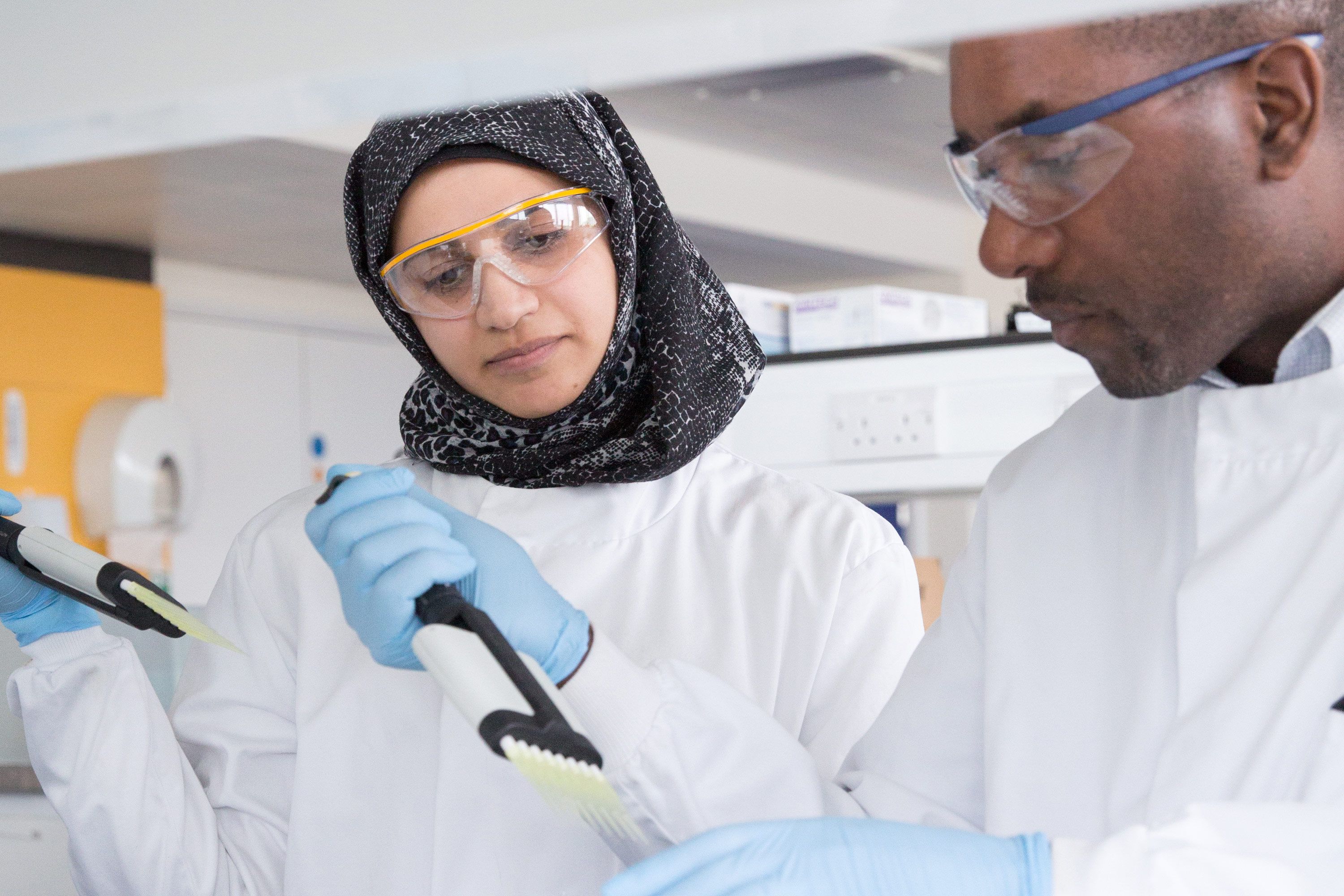 Principal Teaching Fellow, Giskin Day believes that creativity is a vital skill for all students, as much for those studying science at Imperial as any others. She has a variety of duties at the College but they all revolve around encouraging students to use their imaginations.
Principal Teaching Fellow, Giskin Day believes that creativity is a vital skill for all students, as much for those studying science at Imperial as any others. She has a variety of duties at the College but they all revolve around encouraging students to use their imaginations.
“The highly competitive environment at university can mean that students focus on their grades rather than their learning,” she says. “But I firmly believe that enjoyment is a necessary component of education.”
Day coordinates a suite of humanities courses on Imperial Horizons, a programme aimed at broadening students’ education. As well as teaching science communication, she designs and delivers medical humanities teaching for medical students and staff.
An example of her approach of ‘playful learning’ is the game of medical Monopoly she has created to introduce medical students to London’s rich culture, and get them thinking about medicine from different perspectives.
Student comment
"I was initially sceptical about medical humanities as I have been doing a purely sciences-based course for three years and was scared of change. This experience has truly made me appreciate art and its importance in medicine and how it can be used as a tool to help communication between doctor-patient, and consequently help the health of patients.”
She explains: “It’s a treat to live in London and this game introduces students to 20 free museums and galleries, which they may not even know about. For example, London has a dental museum and there’s a museum housed at the Royal College of Physicians.”
Day gives her students a backpack containing a bespoke Monopoly board, and chance and community chest cards. They must visit as many sites as possible and complete challenges. The results vary from bubble gum brain sculptures to Viking funerals for deceased strawberries, but the activities are though-provoking as well as fun: “Students often incorporate what they discover during the game into project work, for example considering how people’s place in society is judged by the state of their teeth, or thinking about how disease is depicted in art.”
A second example is getting students to create and play their own Top Trumps game themed around famous doctors from literature, for example Dr Lydgate from George Eliot’s Middlemarch and Henry Perowne from Ian McEwan’s Saturday. Before they can play, she asks them to score each doctor on their bedside manner, professionalism and clinical competence. “Afterwards we discuss how all doctors are now subject to rating, and how difficult it is to put a number on qualities that don’t really belong on a spreadsheet.”
 Day believes that this playful approach is important to engage students, given the impact that technology has had on education. She explains: “For me, teaching now is less about transferring content – that’s already available online – it’s about being a curator of experience, about added value.”
Day believes that this playful approach is important to engage students, given the impact that technology has had on education. She explains: “For me, teaching now is less about transferring content – that’s already available online – it’s about being a curator of experience, about added value.”
For this reason, she believes the playful learning approach is gaining traction more widely: “I used to worry that games could be seen as trivial, but they’re increasingly being recognised as catalysts of learning.”
Day has also achieved recognition for her teaching skills, winning a senior fellowship from the Higher Education Academy thanks to Imperial’s STAR framework, a programme designed to recognise and reward teaching excellence. She explains: “Now I’m part of a network that supports innovation in teaching, it really helps you stay up to date, especially if you’ve been teaching for a long time.”
Sign Up
If you are interested in receiving the Learning and Teaching Newsletter, please email ltstrategy@ic.ac.uk.
You can also view the issue archive online.

